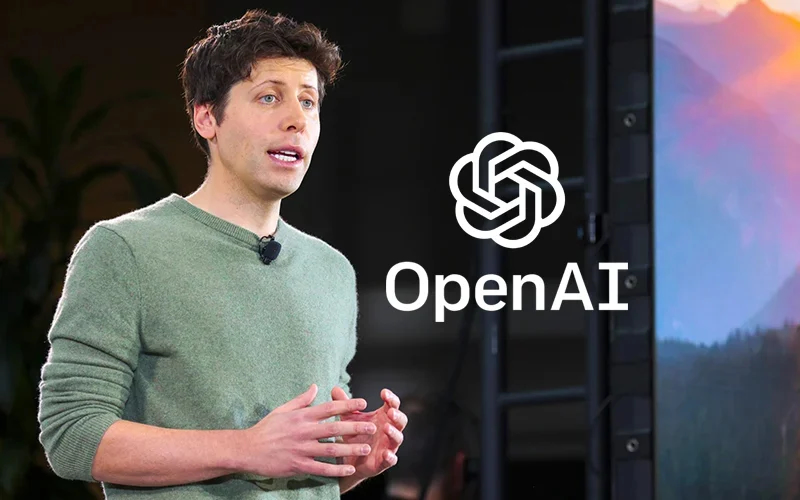Meta has yet to adjust Facebook and Instagram’s timelines despite an Amsterdam court ruling that found its current design violates European law. The company says it needs more time to make the required changes and has asked the court to extend its deadline until 31 January 2026.
The dispute stems from Meta’s use of algorithmic recommendation systems that determine what posts appear on users’ feeds and in what order. Both Instagram and Facebook have the option to set your timeline to chronological order. However, the option is hard to find and is set back to the original algorithmic timeline as soon as users close the app.
The Amsterdam court earlier ruled that these systems, which reset user preferences and hide options for chronological viewing, breach the Digital Services Act (DSA) by denying users genuine autonomy, freedom of choice, and control over how information is presented.
The judge ordered Meta to modify both apps within two weeks or face penalties of €100,000 per day, up to €5 million. More than two weeks later, Meta has yet to comply, arguing that the technical changes cannot be completed within the court’s timeline.
Dutch civil rights group Bits of Freedom, which brought the case, criticised the delay as a refusal to take responsibility. ‘The legislator wants it, experts say it can be done, and the court says it must be done. Yet Meta fails to bring its platforms into line with our legislation,’ said Evelyn Austin, the organisation’s director said in a statement.
The Amsterdam Court of Appeal will review Meta’s request for an extension on 27 October.
Would you like to learn more about AI, tech and digital diplomacy? If so, ask our Diplo chatbot!










